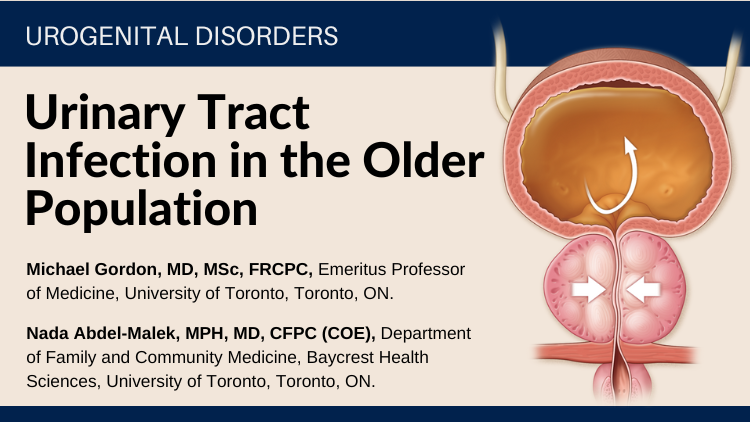Indranil Dasgupta, MD, MPh, MBA, Clinical Assistant Professor of Medicine, Division of Cardiology, Department of Medicine, Jefferson Medical College, Thomas Jefferson University, Philadelphia, PA.
Marc A. Tecce, MD, Clinical Assistant Professor of Medicine, Division of Cardiology, Department of Medicine, Jefferson Medical College, Thomas Jefferson University, Philadelphia, PA.
Bernard L. Segal, MD, Professor of Medicine and Director, Division of Cardiology, Department of Medicine, Jefferson Medical College, Thomas Jefferson University, Philadelphia, PA.
Disorders of the mitral valve such as mitral valve prolapse (MVP), mitral regurgitation, and, to a lesser degree, mitral stenosis are relatively common forms of heart disease. According to the Women’s Heart Foundation, MVP is the most common condition of the heart valves, and while it is more frequently diagnosed in young women, data from the Framingham study suggest that, overall, MVP affects equal numbers of men and women. These conditions often progress over years, frequently causing symptoms among affected older adults. Understanding the etiology, diagnosis, management, and treatment of mitral valve disease is vital for this population. Medical advances and other factors have allowed the general population to live longer, making mitral valve disease significantly more prevalent. An understanding of the details of the physical exam, ECG changes seen in these disorders, x-ray findings, and echocardiographic and catheterization data are critical to providing the necessary standard of care for older adults.
Key words: mitral regurgitation, mitral stenosis, mitral valve prolapse, older adults, heart failure.

